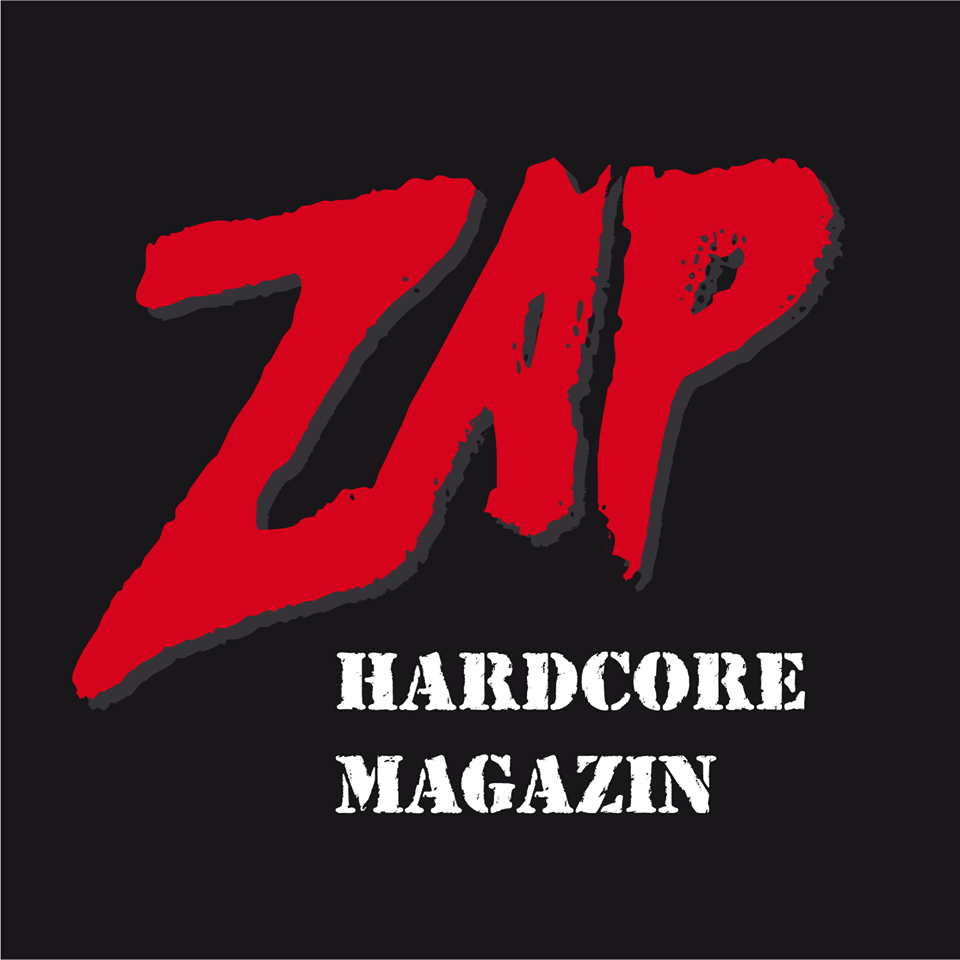The Formative Years – ZAP Magazine
 During my early teenage years as a juvenile delinquent in a pre-internet age, any punk and hardcore related information I could come by – be it through observation or exposure - was soaked up in a sponge like manner and what seemed to resemble as something that made sense, became ingrained as empirical truths.
During my early teenage years as a juvenile delinquent in a pre-internet age, any punk and hardcore related information I could come by – be it through observation or exposure - was soaked up in a sponge like manner and what seemed to resemble as something that made sense, became ingrained as empirical truths.
There were many great DIY-style copy & paste style fanzines around, however, most of them were essentially an echo chamber of whatever was prevalent within the confines of the run-of-the-mill stereotypes of “punk”, or alternatively, they only tangentially touched punk, lacked the ethos and had their foci on other forms of music that lacked excitement for me at that age.
Enter ZAP Magazine.
While I was familiar with the editor’s first fanzine Vox Vulgi, his prior involvement in Trust Magazine, his band Challenger Crew and after procuring my first issue, it was not difficult to tell that with ZAP Magazine, the aim was to take things to a whole new level in every aspect - from a more professional magazine-style presentation to content and attitude.
Due to establishing itself as a monthly periodical, it quickly not only became the source for punk and hardcore related news, but constantly evolved and started to include the exploration of new ideas, presented exciting music and political constructs that both inspired and provoked. It served as a hotbed for networking, a community and contacts were forged, some of which last to this day.
While the content of early issues almost exclusively rested on the preferences of founder Moses Arndt, a varied, passionate core of writers was given more and more autonomy, which enriched and enhanced the content in terms of variety.
Martin Büsser was one of the contributors whose elaborations first agitated and then intrigued me, as his borderline academic emissions helped broaden my musical horizons and exposed me to interestingly different view and angles. Being an intellectual heavyweight, Martin deliberately set out to counteract the narrow-mindedness and intolerance of hardcore purists. He was the one that inspired me to e.g. delve into the Frankfurter School of social theory and critical philosophy as well as to spend the little allowance I had on music by not exactly easy-to-access artists like John Zorn. The beauty with ZAP was that the aforementioned did feel as part of the package and not at all as if it was in contradiction to its core DNA – it was a prism and lens to introduce me to concepts, music and ideas that opened new worlds for me.
Viel Feind, viel Ehr – ZAP encountered a load of antagonism from other scenesters, which partly came with the territory of what they were trying to achieve and at other times was deliberately sparked and provoked.
Truth is, no matter if friend of foe, in its heydays, everyone read ZAP Magazine as it became a mouthpiece with a reach and significance that could not be ignored. A testament to the importance of ZAP is the fact the most vocal critics eventually started writing for it.
On a surface level, one could also claim that its founder Moses Arndt and ZAP singlehandedly introduced what became known as trademark New York Hardcore to Germany, orchestrated its success and made or broke bands in a manner, that reverberates to the present day. During my first visit to NYC and CBGBs in the 1990s, the mere mention of “ZAP” was an easy icebreaker as it was a known fixture and reference point.
ZAP’s influence on not only on the punk and hardcore scene at large cannot be overestimated. With an antifascist core at everything that was undertaken (and amplified during the resurgence of right-wing radicalism after the German reunion) and a growing influence, it started to pierce mainstream media with carefully orchestrated actions. With the founding of a political party, a trademark “Partisanentum”, the infusion of a flagging scene with a deliberate return to “Rotzloeffeltum” and the raw essence of punk in the second half of the 1990s along with both record and book releases, ZAP helped to create a springboard which helped a new generation of punks to catapult their efforts into the new millennium, before it ceased to exist in its known format at the end of the 1990s.
For the next two decades founder and ZAP mastermind Moses Arndt channelled his alchemy is entrepreneurial endeavours and saw him emerge as a medical practitioner with a doctorate under his belt, before 2019 saw the return of ZAP in typically anachronistic form, i.e. only in a printed manner that can only be mail ordered straight from the source or selected mail-orders.
I have yet to lay eyes on the reanimated incarnation, but the mere knowledge that it ZAP is back, feels great.